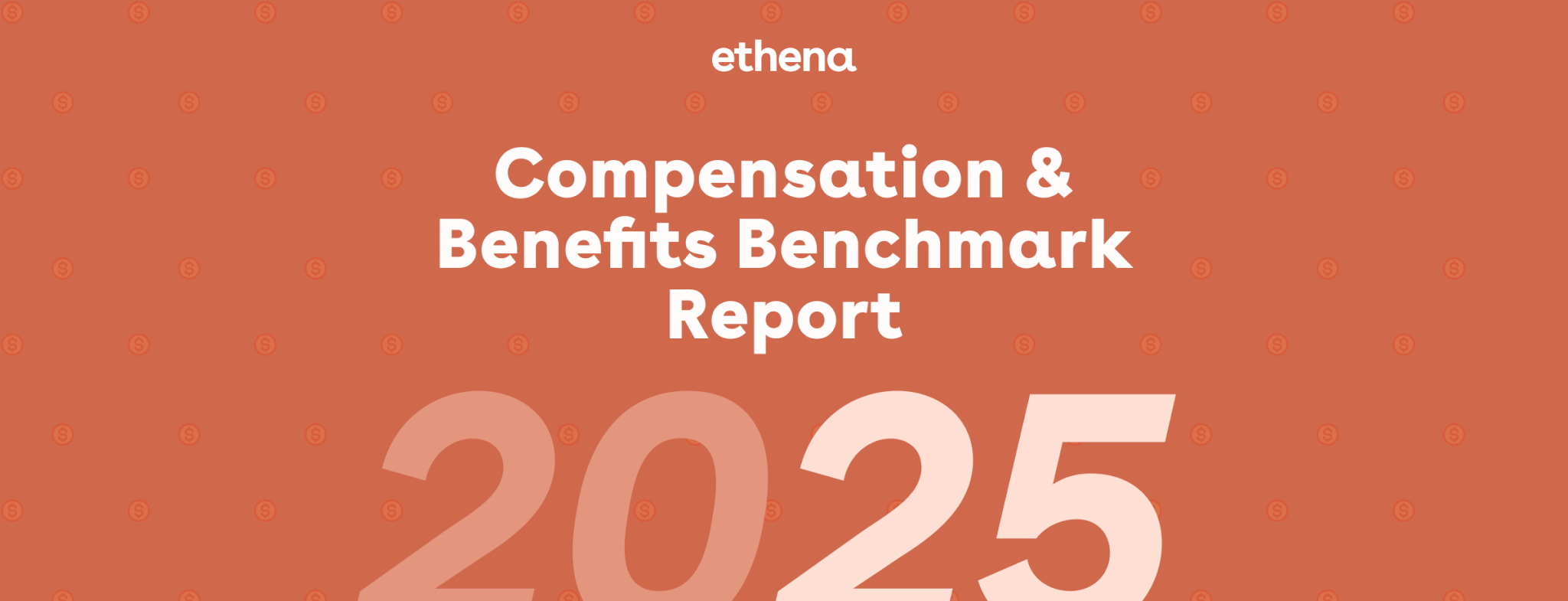Workplace investigations are essential for resolving disputes, ensuring compliance, and maintaining a healthy company culture. As an HR professional, your role in conducting these investigations is pivotal — not just to resolve issues, but to ensure the process is fair, unbiased, and transparent. Failing to maintain fairness can lead to legal risks, damage to employee trust, and long-lasting negative effects on organizational culture.
Here are some of our favorite tips on how you can ensure fairness throughout every stage of a workplace investigation.
1. Establish a clear investigation policy
One of the most effective ways to ensure fairness is to have a well-defined, written investigation policy in place before an issue arises. This policy should outline:
- Who is responsible for conducting investigations.
- The steps involved in the investigation process.
- Timelines for reporting and resolving the matter.
- Confidentiality requirements for all parties involved.
By providing employees with clarity and transparency on how investigations will be conducted, you reduce the potential for perceived or real bias.
2. Maintain objectivity and impartiality
HR professionals must avoid even the appearance of bias in an investigation. This includes:
- Avoiding conflicts of interest: If you have any relationship with the individuals involved that could create bias, step aside and allow someone else to handle the investigation.
- Assigning neutral investigators: Ensure that those leading the investigation have no stake in the outcome and are not directly involved in the underlying issues.
If your organization is small, it may be wise to bring in a third-party investigator to handle more complex or sensitive cases.
3. Be consistent
Fairness is often about consistency. By adhering to a standardized investigation process, you minimize the risk of discrepancies or accusations of favoritism. Key steps include:
- Gathering facts and evidence in a structured manner.
- Interviewing all relevant parties—both the complainant and the accused—while documenting everything thoroughly.
- Reviewing documents, emails, or surveillance footage (if applicable) to ensure all relevant evidence is considered.
All parties involved should be given the same opportunity to present their side of the story.
4. Ensure confidentiality
Confidentiality is crucial to protecting the integrity of the investigation and preventing retaliation. Make it clear to everyone involved that information shared during the investigation will be kept confidential and used solely for the purpose of resolving the issue. This creates a safer space for employees to speak openly without fear of repercussions.
5. Communicate transparently
Transparency builds trust. While the specifics of an investigation cannot always be shared, it is important to keep the parties involved updated about the process. Make sure employees know:
- The steps that will be taken during the investigation.
- The expected timeline for a resolution.
- When they can expect a final decision.
Providing updates, even if the investigation is still ongoing, shows that the matter is being handled seriously and fairly.
6. Document everything
Proper documentation is critical to demonstrating fairness. Every interaction, meeting, and piece of evidence should be documented, including:
- A timeline of events.
- A record of who was interviewed, what was said, and what evidence was collected.
- All actions taken during the investigation.
This documentation serves as a record to justify the outcome and will be useful if the investigation is ever scrutinized in legal proceedings.
7. Respect due process
Due process is the cornerstone of fairness in investigations. This means giving all parties involved the opportunity to:
- Respond to allegations: Allow the accused to fully explain their side of the story.
- Review evidence: If appropriate, share relevant evidence with the involved parties so they can respond adequately.
- Appeal the decision: After the investigation is completed, the process should include an appeal mechanism in case either party feels the decision was unjust.
By ensuring due process, you not only protect your organization from potential legal action but also foster a sense of justice among employees.
8. Base decisions on evidence
The final decision in an investigation should be based solely on the evidence gathered. Avoid making assumptions, and ensure that your conclusions are rooted in facts. Using objective criteria when reviewing evidence will further support a fair outcome.
It can also be helpful to consult with legal counsel or a third party if the evidence is complex or unclear.
9. Follow-up and monitor the situation
Once the investigation is complete, communicate the findings clearly to the relevant parties. This includes explaining:
- What evidence led to the decision.
- What disciplinary actions (if any) will be taken.
- What steps the organization will take to prevent future issues.
Additionally, it’s important to monitor the situation post-investigation to ensure the resolution was effective and no retaliatory actions occur.
The bottom line
Fairness in workplace investigations is about transparency, consistency, and an unwavering commitment to impartiality. HR professionals play a key role in upholding these principles. By following a clear process, maintaining objectivity, respecting due process, and communicating openly, you can ensure that every investigation is handled fairly and in a way that fosters trust and accountability in the workplace.
Ensuring fairness isn’t just about resolving an issue — it’s about protecting the integrity of your organization and showing employees that every concern will be handled with the care and respect it deserves.









